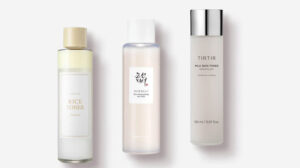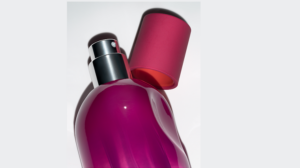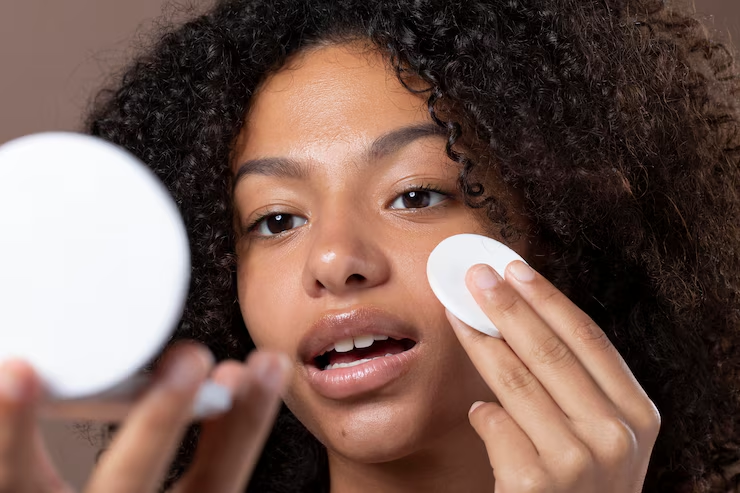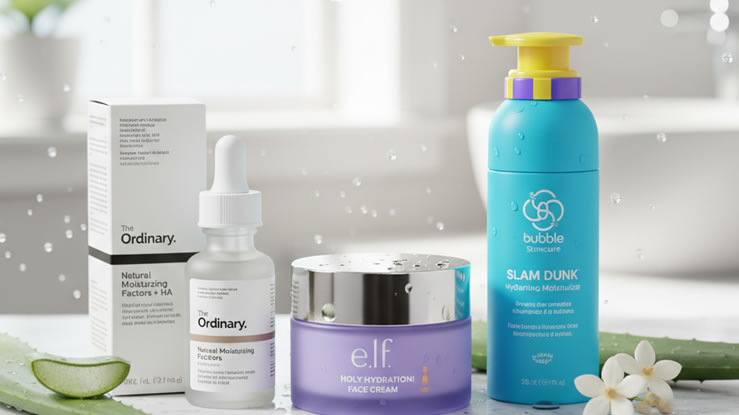Vitamin C serum has gained immense popularity for its skin-brightening and anti-aging properties, but many wonder whether it’s suitable for winter use. The good news? Vitamin C serum is not only safe to use in winter, but it’s also highly beneficial. Here’s why and how you should incorporate this powerhouse ingredient into your winter skincare routine.
Why Use Vitamin C Serum in Winter?
Winter brings dry air, low humidity, and exposure to harsh environmental factors that can take a toll on your skin. Vitamin C offers several advantages during the colder months:
1. Boosts Collagen Production
The cold weather can reduce skin elasticity, leading to dullness and fine lines. Vitamin C promotes collagen synthesis, which keeps your skin firm and youthful. Collagen is a vital protein that helps maintain skin structure, reducing the appearance of wrinkles and sagging.
2. Fights Free Radicals
Vitamin C is a potent antioxidant that helps protect your skin from oxidative stress caused by environmental aggressors like UV rays and pollution—yes, even in winter. Free radicals can accelerate aging and damage skin cells, and Vitamin C neutralizes these harmful molecules.
3. Enhances Hydration
While Vitamin C itself doesn’t hydrate, its ability to repair and protect the skin barrier can enhance the effectiveness of moisturizers applied afterward. Pairing it with hydrating ingredients ensures your skin stays plump and healthy despite the winter chill.
4. Brightens the Skin
Winter can leave your complexion looking dull and uneven. Vitamin C brightens the skin by inhibiting melanin production, giving you a radiant glow. It also fades dark spots and hyperpigmentation, helping you achieve a more even skin tone.
5. Improves Sun Protection
Although the sun’s heat is less intense in winter, UV rays are still harmful. Vitamin C acts as a secondary defense against UV damage when used with sunscreen. This dual protection reduces the risk of photoaging and other sun-related damage.
How to Use Vitamin C Serum in Winter
1. Choose the Right Formula
Look for serums with stable forms of Vitamin C, such as L-ascorbic acid, sodium ascorbyl phosphate, or magnesium ascorbyl phosphate. Opt for concentrations between 10-20% for optimal results. If you have sensitive skin, start with a lower concentration to avoid irritation.
2. Layer Properly
- Cleanse your face with a gentle hydrating cleanser to remove dirt and impurities.
- Apply Vitamin C serum after toning but before moisturizing. This ensures maximum absorption.
- Follow with a rich moisturizer to lock in hydration and create a protective barrier.
- Don’t forget sunscreen during the day, even if it’s cloudy or snowy.
3. Use Once Daily
Vitamin C is best applied in the morning to maximize its protective benefits throughout the day. However, you can also use it at night if preferred, especially if your morning routine is already packed.
4. Patch Test First
If you’re new to Vitamin C, patch-test the product on a small area of your skin to ensure there’s no irritation. Wait 24 hours before applying it to your entire face.
5. Store Correctly
Vitamin C serums are sensitive to light and air. Keep your serum in a dark, cool place to maintain its potency. Some serums come in amber or opaque bottles to protect them from degradation.
Tips for Maximizing Vitamin C Benefits in Winter
- Pair it with Hyaluronic Acid for added hydration. Hyaluronic acid attracts moisture to the skin, amplifying the effects of Vitamin C.
- Use it consistently for at least 6-8 weeks to notice significant results. Skincare is a long-term commitment, and patience is key.
- Avoid mixing Vitamin C with retinol or benzoyl peroxide as they can reduce its efficacy. If you use these ingredients, apply them at different times of the day.
- Use products with airtight packaging to prevent oxidation. Oxidized Vitamin C turns yellow or brown and loses its effectiveness.
Common Myths About Vitamin C Serum in Winter
1. Vitamin C causes dryness in winter.
Vitamin C does not dry out the skin. However, if you experience dryness, pair it with a hydrating serum or a heavier moisturizer. Choosing a formulation with added hydrating ingredients like glycerin or panthenol can also help.
2. You don’t need antioxidants in winter.
Environmental stressors like pollution and UV rays are present year-round, making antioxidants essential even in winter. They protect your skin from damage and keep it looking healthy and vibrant.
3. Vitamin C can’t work in cold weather.
Vitamin C’s efficacy is not dependent on the weather. Its skin-repairing and brightening properties work regardless of the season. Winter is an excellent time to incorporate it as part of a protective routine.
Pairing Vitamin C with Other Winter Skincare Essentials
To get the most out of your Vitamin C serum, combine it with these winter skincare staples:
1. Hyaluronic Acid Serum
Layering a hyaluronic acid serum after applying Vitamin C ensures your skin stays hydrated and plump.
2. Rich Moisturizers
Winter calls for heavier moisturizers with ingredients like ceramides, shea butter, and squalane to lock in moisture and protect your skin barrier.
3. Sunscreen
Always top off your routine with sunscreen, even on cloudy winter days. Look for formulas with broad-spectrum SPF 30 or higher.
4. Facial Oils
Seal in hydration by applying a facial oil as the last step in your nighttime routine. Oils like rosehip, argan, or jojoba are excellent choices.
5. Exfoliants
Use a gentle exfoliant 1-2 times a week to remove dead skin cells. This helps Vitamin C penetrate more effectively and prevents dullness.
Foods Rich in Vitamin C for Healthy Winter Skin
In addition to topical application, consuming Vitamin C-rich foods can enhance your skin’s health from the inside out. Include these in your winter diet:
- Citrus fruits: Oranges, lemons, and grapefruits
- Berries: Strawberries, blueberries, and raspberries
- Vegetables: Bell peppers, broccoli, and spinach
- Herbs: Parsley and thyme
These foods not only benefit your skin but also boost your immune system during the cold season.
Yes, you can and should use Vitamin C serum in winter! It’s a versatile ingredient that combats dullness, dryness, and signs of aging while protecting against environmental stressors. By incorporating Vitamin C into your winter skincare routine and pairing it with hydrating products, you’ll keep your skin radiant, hydrated, and healthy all season long. Remember, consistency and proper usage are key to reaping the benefits of this skincare superstar.
Relevant Articles
Best SkinCare routine for winter



















